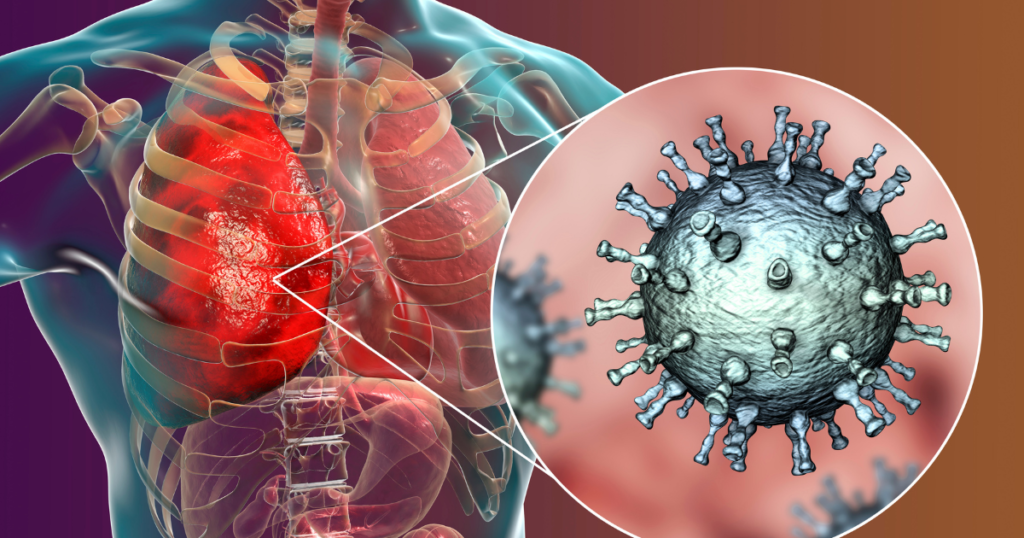Introduction:
Shingles are caused by the varicella-zoster virus, which can reactivate long after recovering from chickenpox. Discover the truth about shingles, also known as herpes zoster, and how it relates to congestive heart failure. Uncover the causes, symptoms, and treatment options in this informative blog post.
Causes
Shingles are caused by the varicella-zoster virus, which can reactivate long after recovering from chickenpox. While the exact reason for reactivation is not fully understood, triggers like stress, illness, and certain medications may be factors.

Symptoms
Be vigilant for pain or tingling in a specific area of your body, often on one side of the torso, as it may be an initial symptom of shingles. A rash will then appear, turning into fluid-filled blisters before scabbing over. While the rash usually fades within a few weeks, some experience lingering pain for months.
Additional symptoms include:
- Fever
- Headache
- Sensitivity to light
Complications
While not usually life-threatening, shingles can lead to serious complications. Postherpetic neuralgia, with persistent pain after the rash heals, is a common complication. Bacterial skin infections, eye problems, and neurological issues are also possible complications.

Treatment
Although shingles have no cure, early treatment with antiviral medication can relieve symptoms and lower the risk of complications. Pain medication and topical ointments may also be prescribed. For those at high risk, the shingles vaccine is recommended for prevention and symptom severity reduction.

Relation to Congestive Heart Failure
Individuals with congestive heart failure face additional challenges when dealing with shingles. The stress and physiological impact of shingles can worsen congestive heart failure symptoms. If shingles is suspected, it’s essential for those with congestive heart failure to seek medical attention promptly.

Conclusion:
Don’t suffer in silence – shingles can be a painful experience. If you have congestive heart failure, it’s vital to understand the potential impact of shingles on your condition and to promptly consult a healthcare professional if you suspect you have shingles.
